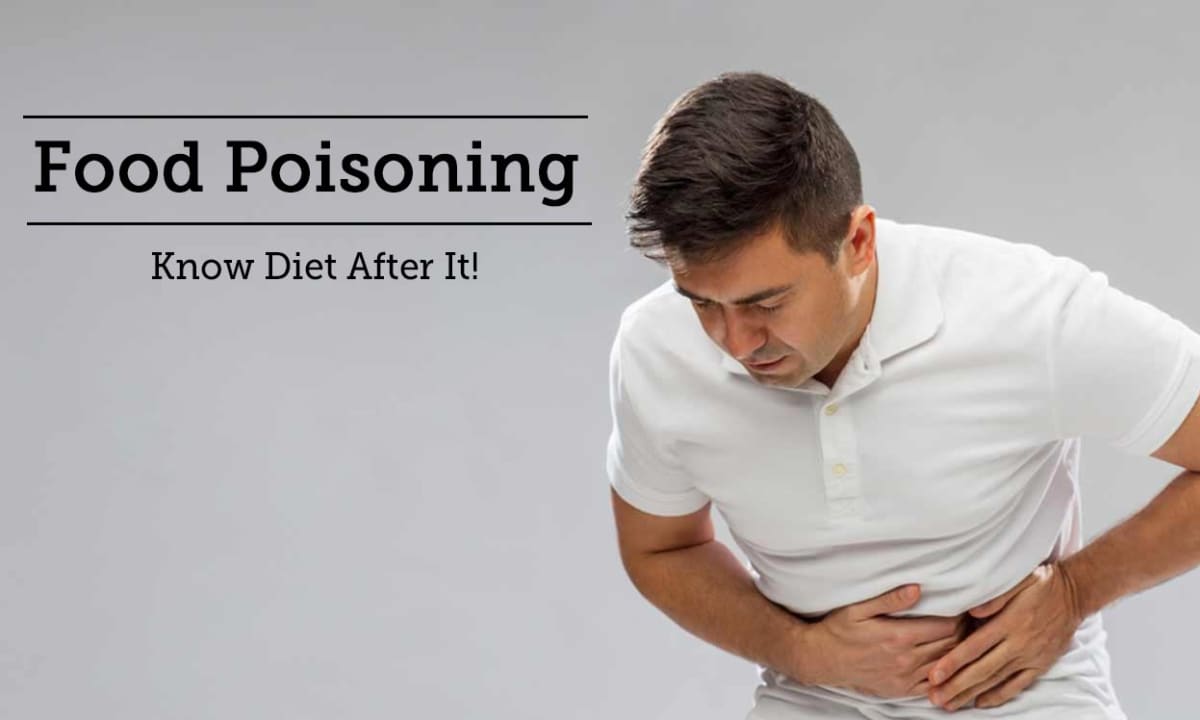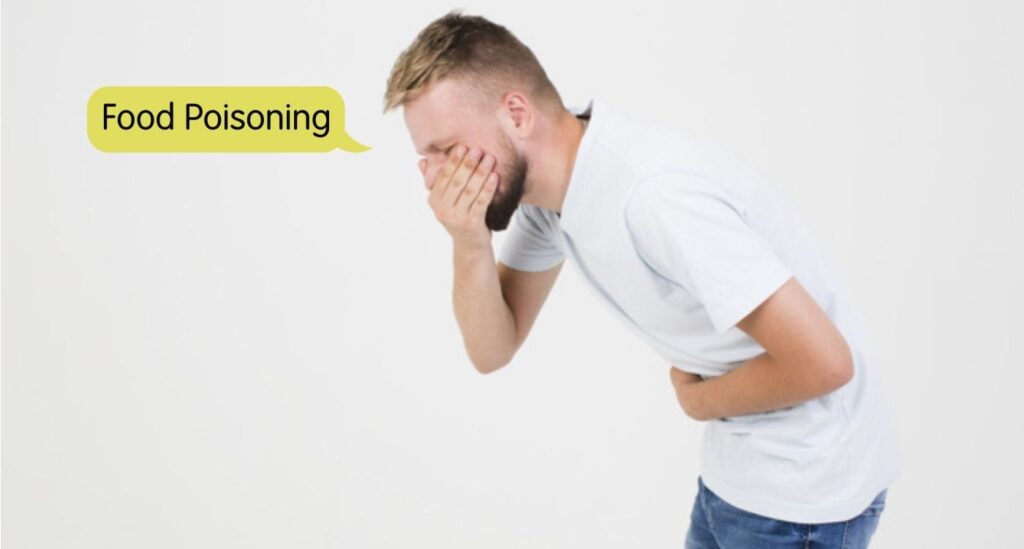As consumers, we rely on the food we eat to nourish and sustain us, but sometimes our trust can be misplaced. Food poisoning is a common issue that affects millions of people worldwide each year, and it can have serious consequences for our health.
Warning and Signs That Your Food Is Poisoned: How to Protect Yourself from Contaminated Food.

In this article, we’ll explore the warning signs that your food may be poisoned and what steps you can take to protect yourself.
Unpleasant Odors
One of the first signs that your food may be spoiled or contaminated is a foul odor. If you notice an unusual smell coming from your food, it may be a sign that harmful bacteria have started to grow. This is particularly true for foods like meat, fish, and dairy products that can spoil quickly if not stored properly.
Change in Color or Texture
Another warning sign of spoiled or contaminated food is a change in color or texture. For example, if the meat starts to turn gray or brown, it may be a sign that it has started to spoil. Similarly, if cheese develops mold or bread becomes moldy, it may be a sign of contamination.
Expiration Date
Checking the expiration date on food products is another way to avoid consuming spoiled or contaminated food. Most foods have a use-by or best-by date that indicates how long the product will remain fresh. Consuming food that has passed its expiration date can lead to food poisoning and other health issues.
Nausea and Vomiting
If you consume contaminated food, one of the most common symptoms is nausea and vomiting. This is your body’s way of trying to get rid of the harmful bacteria or toxins that have entered your system. If you experience these symptoms, it’s important to stay hydrated and seek medical attention if they persist.
Diarrhea
Diarrhea is another common symptom of food poisoning. It can be caused by a variety of bacteria, viruses, and parasites that can contaminate food. Diarrhea can lead to dehydration, so it’s important to drink plenty of fluids to replace lost fluids and electrolytes.
Fever
A fever is a sign that your body is fighting off an infection. If you develop a fever after eating food, it may be a sign that you have consumed contaminated food. A fever can be a serious symptom, and you should seek medical attention if it persists.
Abdominal Pain and Cramps
Abdominal pain and cramps are common symptoms of food poisoning. They can range from mild to severe and can be accompanied by other symptoms like diarrhea and vomiting. If you experience severe abdominal pain or cramps, it’s important to seek medical attention immediately.
Headaches
Headaches are a less common symptom of food poisoning, but they can still occur. They can be caused by dehydration or by the toxins produced by harmful bacteria in your food. If you experience a headache after eating, it’s important to drink plenty of fluids and seek medical attention if it persists.
How to prevent yourself from Food Poisoning
The best way to prevent food poisoning is to practice good food hygiene. This includes washing your hands before handling food, cooking food thoroughly, storing food properly, and avoiding cross-contamination between raw and cooked foods. It’s also important to be aware of the warning signs of spoiled or contaminated food and to avoid consuming food that has passed its expiration date.
